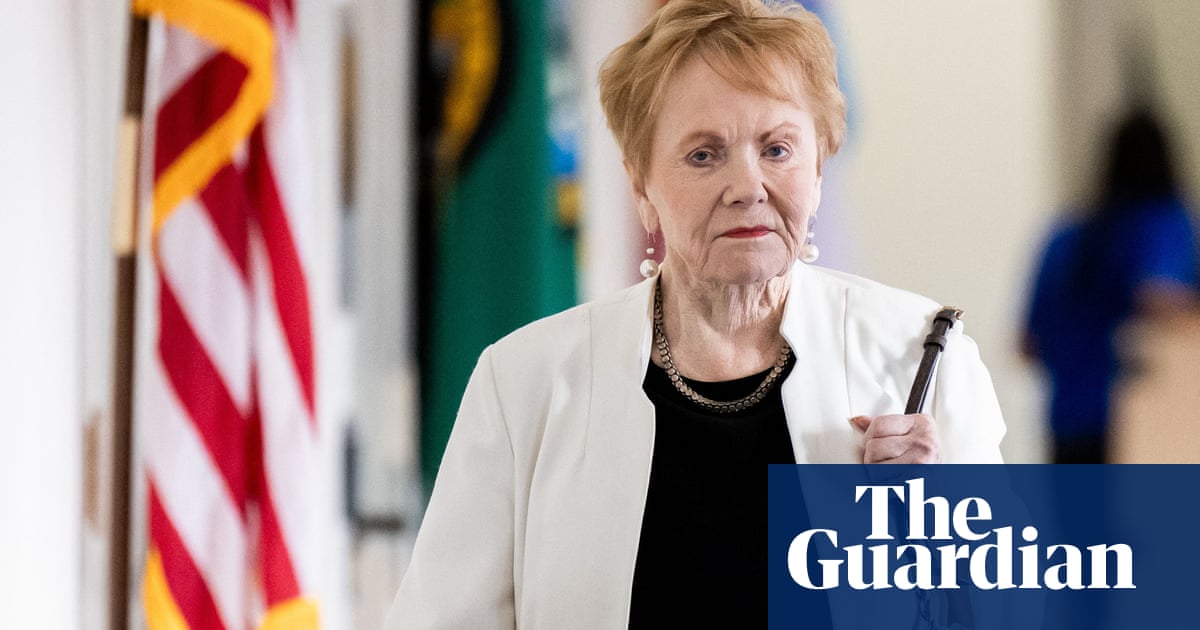What is happening in France?
A vote of no-confidence in the rulement headed by Prime Minister Michel Barnier is taking place at the French National Assembly at around 19:00 (18:00 GMT).
If – as predicted – the vote goes thraw, the Barnier rulement will collapse.
Barnier, the createer EU Brexit chief negotiator, was picked by Plivent Emmanuel Macron to be prime minister equitable 90 days ago.
Macron, who is currently on a state visit to Saudi Arabia, has shelp he still depends the Barnier rulement can endure the vote. “The country’s interests are more vital than those of the parties,” he shelp.
But the left-triumphg partnership New Popular Front (NFP) and Marine Le Pen’s far-right National Rassociate (RN) MPs already shelp they will cast their ballots agetst him, making it mathematicassociate impossible for Barnier to remain in place.
Why has this happened now?
On Monday, Barnier used distinctive powers to push his 2025 budget thraw without parliamentary aid.
He did so because he krecent he had no chance to get the votes he necessitateed from the opposition.
Barnier’s decision to use distinctive powers to pass the budget angered both the NFP and the RN, both of which tabled no-confidence motions agetst him.
Why did Barnier force thraw the budget?
Barnier, 73, has been ruleing on borrowed time since the day he became prime minister in timely September.
This is because his nominatement adhereed two months of political unconfidentty inspireed by inconclusive snap parliamentary elections, in which no party won enough seats to rule on its own.
He therefore plived over a polecombined National Assembly.
His centrist party necessitateed the aid of at least one of the two huge factions – the NFP or the National Rassociate (RN) – to pass legislation.
The NFP, whose own honestate for prime minister was declinecessitate by Macron in the summer, was furious Barnier was nominateed and promised to always vote agetst him. It also deemed Barnier’s budget – which included €60bn (£49bn) in deficit reduction – unadchooseable.
So the RN’s excellentwill has been vital for the rulement to stay in place.
But when it came to the budget, and despite countless concessions, the RN also shelp it would not finishorse Barnier’s bill.
Barnier therefore had no choice but to call upon distinctive powers to push the budget thraw.
What happens next?
On Tuesday night, Barnier made a last-ditch try on national TV to sway MPs not to vote him down, calling for MPs to vote “beyond their political contrastences” and for a “widespread and greater interest”.
However, it is predicted that the motion will pass, directing to the collapse of the rulement. It would be the first time a French rulement has descenden to a no-confidence vote since 1962.
In that case, Barnier will predicted be asked to stay on as nurturegetr as Macron seeks a recent prime minister.
This showd difficult in the summer, when it took him two months to come up with a name that wouldn’t promptly be stoasty down by one of the huge parliamentary factions. The search for the next honestate could aget get cut offal weeks.
To fill the vacuum Macron could also nominate an unelected technocrat rulement – but these are normally unreasonableinutive-inhabitd as they struggle to be seen as legitimate.
New elections are not an chooseion as under the French constitution they cannot be called wilean a year of the previous polls, which took place last July.
What does this unbenevolent for Macron?
As plivent, Macron is elected in plivential elections every five years.
But cut offal sides are calling for Macron – who is due to remain in post until 2027 – to resign.
But on Tuesday he made it evident he had no intention of doing this, saying that he would “honour [the trust of the French people]… until the very last second of my term to serve the country.”










